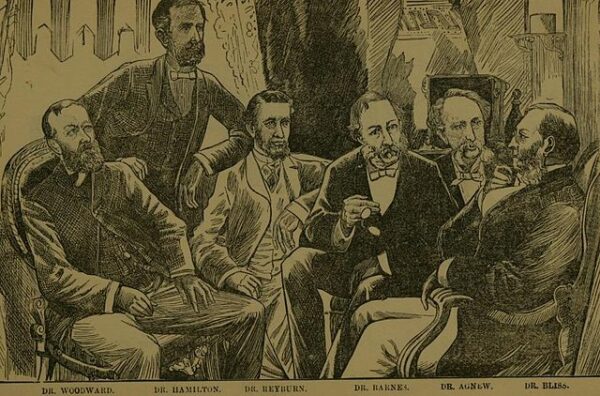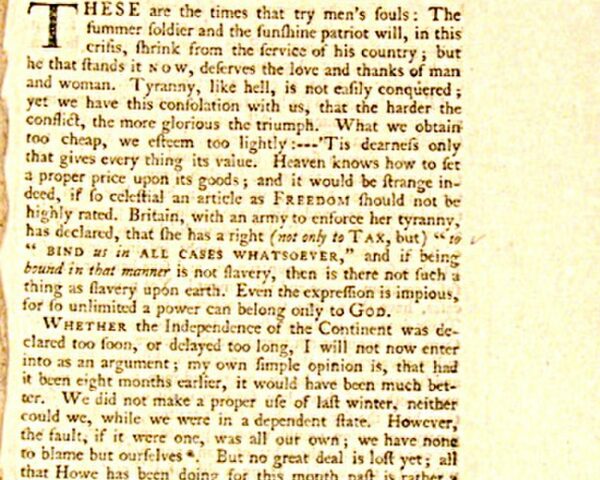The Pendleton Civil Service Reform Act, enacted by Congress on January 16, 1883, marked a significant turning point in the history of the federal workforce. Prior to the Act, the federal government’s jobs were often distributed based on a system known as the “spoils system,” where political affiliations and loyalties largely determined who was awarded government positions. This practice was not only seen as corrupt but also led to inefficiencies within the public service.
The assassination of President James A. Garfield in 1881 by a disgruntled office seeker exacerbated public outcry against the spoils system and catalyzed the push for reform. Senator George H. Pendleton of Ohio, recognizing the need for change, introduced legislation aimed at creating a merit-based system for federal employment.
The Pendleton Act, as it came to be known, established the Civil Service Commission and set the groundwork for the merit system that would govern the hiring and promotion of government employees. The Act made it illegal to fire or demote for political reasons employees who were covered by the law. It also prohibited soliciting campaign donations on Federal government property. To enforce this system, the Act provided for the selection of government employees through competitive exams, rather than ties to politicians or political affiliation. Initially, the Act applied to only about 10% of U.S. government positions, but it was designed to be expanded.
Over time, the Pendleton Act’s influence grew as more positions were brought under the merit system umbrella. By the 20th century, the majority of federal positions were classified as civil service, significantly reducing the influence of the spoils system. The Act not only curbed corruption by making it more difficult for politicians to reward supporters with government jobs, but it also helped to professionalize the civil service, leading to a more competent and stable workforce. This shift laid the foundation for the modern bureaucratic system, where positions are filled based on qualifications and performance rather than political patronage.
The ramifications of the Pendleton Act were profound and long-lasting. It fostered a more impartial and efficient operation of the federal government by ensuring that civil servants were qualified for the positions they held. The Act also had a democratizing effect, as it opened up government jobs to a broader segment of the American population, regardless of their political connections. This merit-based system has been credited with helping to build a more effective and trustworthy government, which was better equipped to meet the needs of its citizens and to handle the increasingly complex tasks of the modern state.
However, the Pendleton Act was not without critics or challenges. Some argued that it led to an entrenched bureaucracy that could resist political change and accountability. Others pointed out that the system could be manipulated, with exams and hiring processes sometimes designed to favor certain candidates. Despite these criticisms, the Pendleton Civil Service Reform Act remains a cornerstone of American administrative law. It inspired similar reforms at state and local levels and continues to influence the debate over how best to balance the need for a competent civil service with the democratic principle of political control over government.






